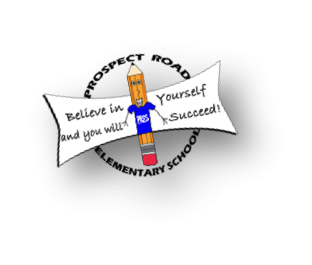Communicating Student Learning
COMMUNICATING STUDENT LEARNING
Student learning is a complex endeavour where assessment and communication are part of the process. We believe that student success depends in part upon the collaborative efforts of all those involved in the education of the child. Collaboration requires that teachers, students, and parents / guardians share a common understanding of what each student is expected to achieve through their educational experiences, as well as an understanding of where the student is in their learning. This School Plan will share ways in which student learning is assessed and communicated.
Tools for Assessment and Evaluation
A variety of assessment strategies are used for assessing student learning. Some of these strategies include:
|
Rubrics/Scoring guides |
Checklists |
Portfolios/Work Samples |
|
Models |
Presentations/Performances |
Oral and/or written journals, reports, logs |
|
Graphic/visual representations |
Concept Maps |
Experiments |
|
Tests |
Projects |
Conferences |
|
Surveys |
Observation |
Oral Reading Records |
|
Self/Peer-Assessment |
Questioning |
School-wide/Provincial Assessments |
Assessments
Students are provided with on-going descriptive feedback to inform what they are doing well and what they need to do differently to improve performance.
Communication
Teachers use a variety of methods to communicate information about how student learning is developing. Some of these methods include:
|
Class Newsletters |
E-mails |
Phone Calls |
|
Projects/Assignments |
Classroom Websites |
Parent/Teacher Conferences |
|
Rubrics |
Student Agenda Notes |
Special Events/Performances |
The school year is organized into three terms, each of which concludes with a progress report. HRCE report cards provide a Learner Profile as well as a summary about students’ achievement of outcomes with letter grades or developmental scale ratings.
Learning outcomes and expectations which articulate what a student is expected to know, be able to do, and understand, what knowledge, skills, and attributes the student will demonstrate by the end of each grade can be found at https://curriculum.novascotia.ca/.
Students requiring additional support
The school is committed to supporting the learning of all students. Timely intervention is the most effective approach in supporting student learning.
The school follows a process for the identification, assessment, and the program planning for students with learning needs. Classroom teachers, resource teachers, and parents/guardians may initiate and/or assist in identifying students with learning / special needs. When a student is identified as having learning / special needs, a referral is made to the Teaching Support Team.
Participants of the Teaching Support Team can include Principal, Vice-Principal, Speech Language Pathologist, School Psychologist, Guidance Counselor, Reading Recovery Teacher, Early Literacy Support Teacher, Resource Teacher, Classroom and Specialist Teachers.
Parents are informed before any intervention / support takes place by a school member other than the classroom teacher. Parents are consulted, and written permission is required, for any formal individual assessment. Parents are informed of assessment results and any resulting changes to student programming.
REVIEW OF SCHOOL PLAN
The School Plan for Communicating Student Learning will be reviewed and amended as needed by the Principal after consultation with staff and the School Advisory Council.
